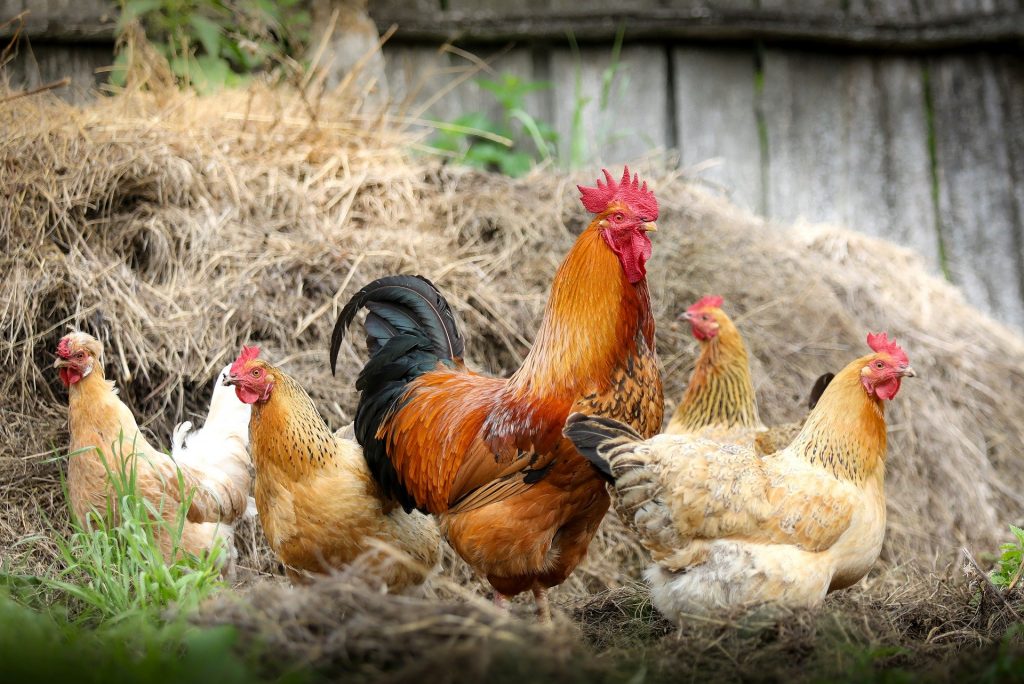Bird flu outbreak in Suffolk leads to chicken slaughter
ALL 27,000 chickens at a farm in Suffolk will be slaughtered after cases of bird flu were confirmed.
A number of the birds were found to have the H5 strain of avian flu, the Department for Environment, Food and Rural Affairs (Defra) said.
It set up a 1km (0.6 mile) exclusion zone around the farm, near Eye, to limit the risk of the disease spreading.
Dr Gavin Dabrera, from Public Health England, said the risk to public health was very low. The Food Standards Agency said there was no food safety risk as long as poultry products, including eggs, are thoroughly cooked.
The strain at the commercial farm at Athelington has been identified as “low pathogenic avian flu” (LPAI). Dr Dabrera, a public health consultant at Public Health England, said: “Avian flu (often called bird flu) is primarily a disease of birds and the risk to the general public’s health is very low.
“As a precaution, we are offering public health advice and anti-virals to those who had contact with the affected birds, as is standard practice.”
A detailed investigation is underway to determine the most likely source of the outbreak.
The British Poultry Council said there was no link to the Christmas turkey market, which was “unaffected” by the case.
In 2017, some 23,000 chickens were destroyed at Bridge Farm in Redgrave on the Suffolk/Norfolk border after the H5N8 avian influenza virus was found, and in June the same strain was identified in about 35 chickens and geese at a farm near Diss in Norfolk.
Highly pathogenic avian influenza (HPAI) is the more serious type of the disease which can prove fatal to birds. LPAI is usually less serious but can cause mild breathing problems in poultry, Defra said.









